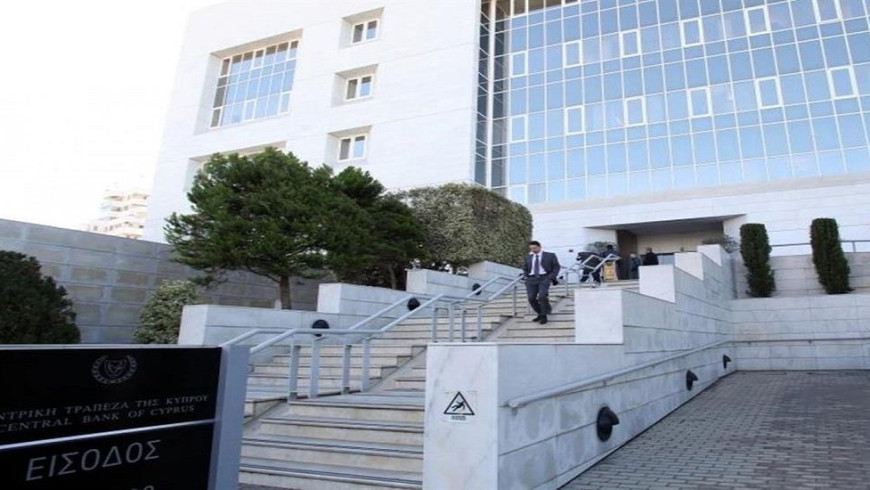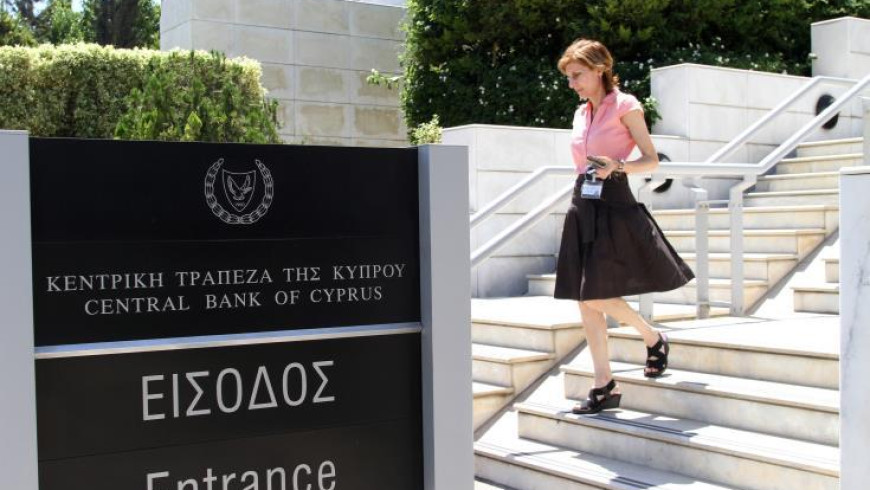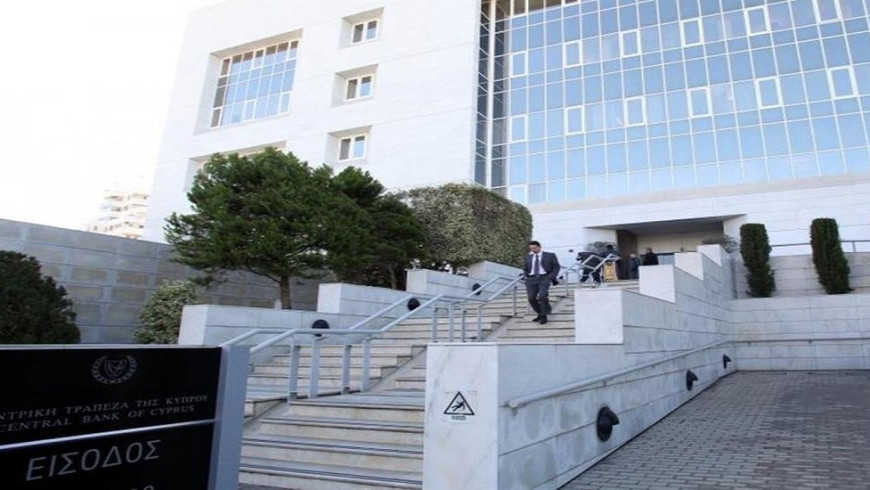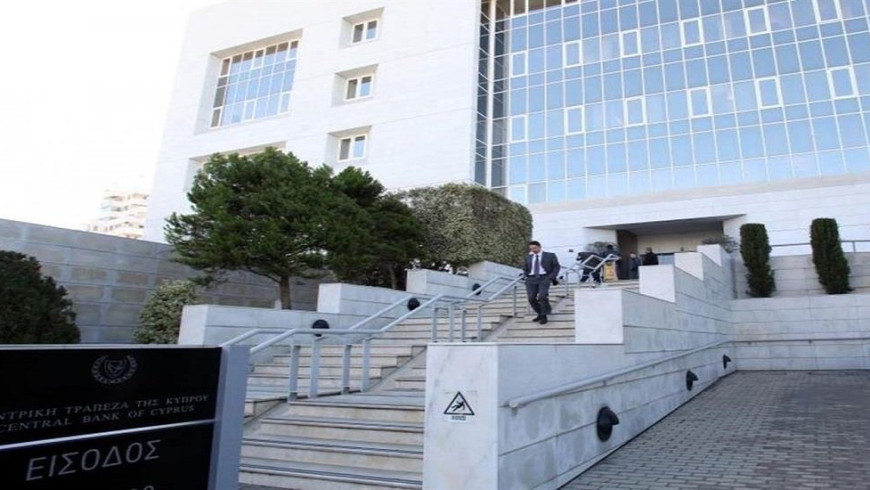
Cypriot officials renewed their calls to banks to reduce the spread between deposit and lending rates, as well as to lower lending rates as borrowers face reduced disposable income amid high inflation.
The officials’ calls were made during the Association of Cyprus Banks’ Annual General Meeting, which found the Cypriot banking sector in the best position of the last decade, as interest rates boost their profitability, whereas the Cypriot banking institutions are characterised by high capital ratios and excessive liquidity.
The AGM elected Aristides Vourakis, CEO of Asrobank as the new Chairman of the Association and Antonis Rouvas, Interim CEO of Hellenic Bank, as the vice chairman.
Addressing the opening ceremony, House of Representatives President Annita Demetriou referred to the high interest rates and the consequent financing costs which combined with the compressed household disposable income “represent an additional crucial parameter in the current financial state for businesses and households alike.”
"In this context, it is extremely important to consider additional solutions, particularly regarding the issue of high interest rates for the support of specific groups of solvent borrowers to avoid, on the one hand, new flow of non-performing loans and on the other hand to relieve businesses and households amid this environment of broader high prices,” she said in a address read out by Democratic Rally (DISY) MP Savia Orphanides.
On his part, Finance Minister Makis Keravnos welcomed the fact that "the banking sector is in a stronger position than in the last decade with robust capital indices, as the rise of interest rates has boosted their profitability and capital position."
But he stated that the level of interest rates "creates challenges on the real economy and on the households."
Without disregarding the fact that higher interest rates may result to potential risks for the banks due to the borrowers’ higher debt servicing costs, Keravnos recalled that he repeatedly called on banks to reassess their pricing policy and acknowledged that his interventions have yielded "some marginal results."
“I am addressing the banking institutions and I expect to see drastic movement towards two directions; first reduction of the spread between deposit interest rates and borrowing rates and second not to repeat the rise in borrowing rates but a substantive reduction of loan rates especially after the marginal reduction by 25 basis points by the ECB,” he said, stressing that high interest rates constitute one of the most significant hurdle to growth and the tackling of social problems such as housing.
On his part, new Governor of the Central Bank of Cyprus, Christodoulos Patsalides pointed out that banks face a reputational risk associated with the mitigation of the society’s dissatisfaction due to the banks’ pricing policy.
“The banks’ pricing and business activity should incorporate the element of social sensitivity towards mitigating the society’s dissatisfaction,” he said.
Moreover, the CBC Governor praised the restructuring that took place in the Cypriot banking sector and the stability shown by the banking system in the last years.
“The significant capital buffers as well as the excessive liquidity provide testament that the banking sector could manage possible future crisis even large scale ones,” he stressed.
However, Patsalides said the stability and the shielding of the banking sector should continue as trade wars and a potential fragmentation of the global economy may have a negative impact on the economy.
Recalling the ECB expects inflow of non-performing loans due to higher interest rates, Patsalides called on the Cypriot banks to timely identify borrowers in distress and to provide them with a viable repayment plans. “This would limit the cost both for banks and borrowers avoiding more drastic measures,” he said.
Panicos Nicolaou, the outgoing President of the Association and Managing Director of Bank of Cyprus, said he expects lending rates to decline in Cyprus to decline at a faster pace than elsewhere in Europe, as the majority of loans in Cyprus have floating interest rates which are more susceptible to the ECB monetary policy decisions.
“The pace of (interest rate) reduction in Cyprus will be faster than in Europe, as was the case with their rise,” he said.
Furthermore, Nicolaou said that in an environment of geopolitical instability and uncertainty, the Cypriot banks supported growth, progress and the country’s smooth transition to the green and digital era.
He said that during the last two years amid a high interest rate environment, banks have restructured and renegotiated loans amounting to €4.5 billion and continue to do so, while pure new lending by the first quarter of 2024 amounted to €1.1 billion.
“The banking sector inspires certainty and stability in a period described by instability,” he said.
He said however that the Association had to face “harmful scenarios” such as the possibility of taxing so-called windfall profits, stating “you cannot tax investors three times just because they opted to invest in banks supporting the country in difficult times.”
Michalis Kammas, ACB Director-General, said in his intervention that despite the continued crises the “banking sector today constitutes a reference point due to its stability, adaptability, flexibility and determination shown.”
Referring to a puzzle of crises and challenges, he said, “the banking sector is part of the solution of any problems rather than a component of them.”














 3287.99
3287.99 1275.09
1275.09
